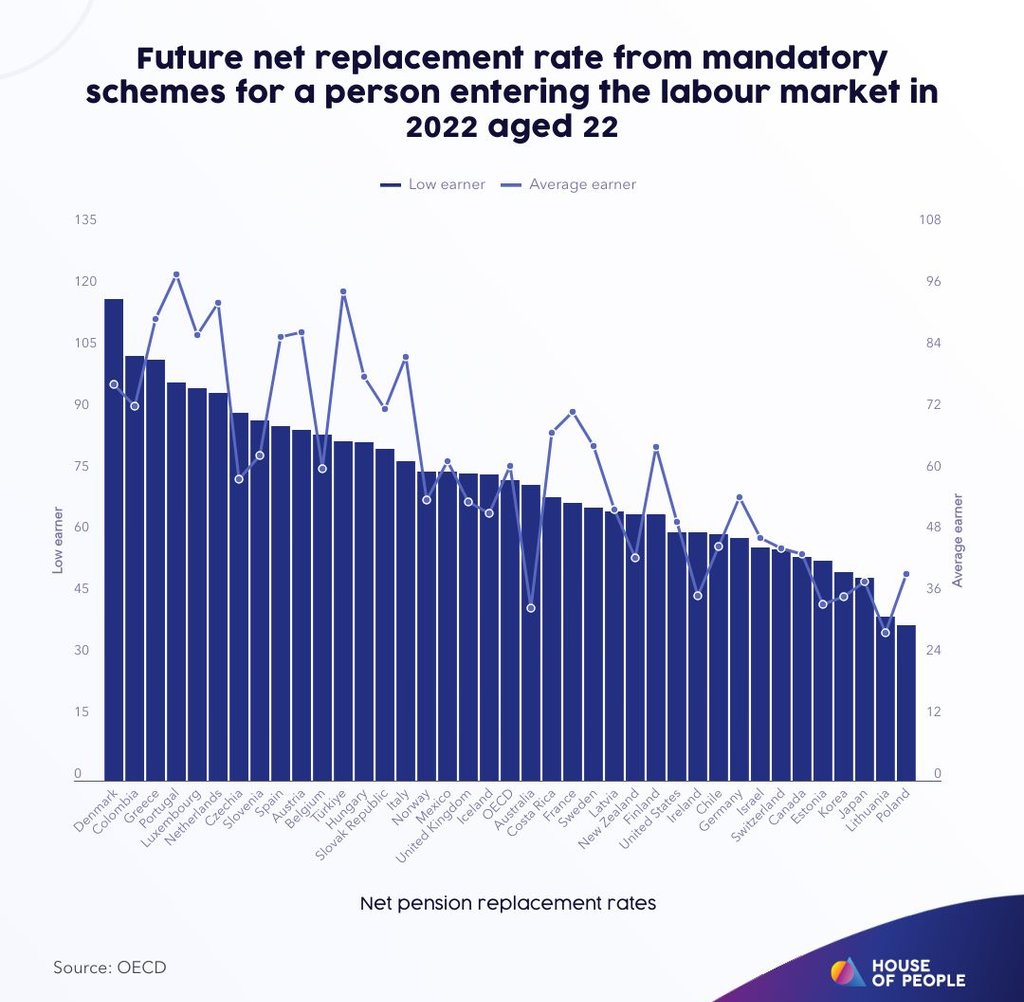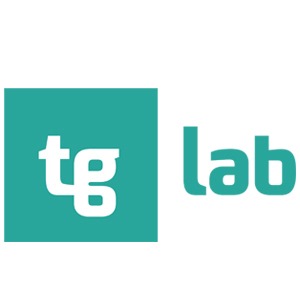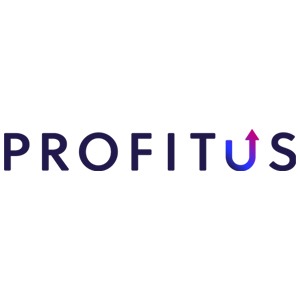Graduate unemployment rising in a very competitive job market
Hundreds of applicants, limited roles, and low salaries: recent graduates and experienced workers alike face many challenges as they seek employment.
Ąžuolas L. Adlys
3/17/20257 min read


Graduate unemployment is often caused by a lack of work experience, skills that are not matched to market needs, too much competition in certain fields, insufficient career guidance and employers' expectations.
PHOTO: Scanpix/Dutch Press Photo
Times are tough for those in search of work. According to the Telegraph, every job ad receives an average of 140 applicants. And for the lucky ones who eventually find employment, the salaries they’re offered are often lower than they would have expected – and aren’t growing in line with inflation.
The amount of job vacancies has dropped sharply, while hiring freezes are put in place and redundancies abound as companies tighten their belts. With all of these factors combined, it’s not just the least qualified who are struggling. New graduates and even workers with years of experience are finding it difficult too.
MBA graduates feeling the pinch
In the case of new graduates, statistics from the Master of Business Administration (MBA) programmes in the USA highlight the severity of the negative trend. The MBA is typically a two-year course for students with professional experience, and graduates have historically had very high employment rates following the completion of the degree.
In 2024, the percentage of graduates from the top 15 business schools accepting jobs within three months of graduation fell by six percentage points to 84%, with an eight-point decline from the average over the previous five years. MIT Sloan School of Management saw a major drop: from 82% of job-seeking students accepting offers at graduation in 2022 to 62% in 2024, while the three-month post-graduation rate fell from 93% to 77%.
Business schools that offer these MBAs have been criticized by some for not offering real-world experience, and studies have shown that graduates of these programmes may display some selfish and jealous tendencies towards their co-workers and employees. Despite all of this, however, MBA graduates have enjoyed considerable success in America, with many heading up major companies like JPMorgan Chase and General Electric. The fact that even those with prestigious degrees from the most elite institutions are currently struggling is a sign of the times.
The stats on pet ownership in America make for an interesting case to the contrary. Almost two thirds of Americans own a pet, and half of them consider their pet a part of the family, akin to a child, according to a 2023 survey by the Pew Research Center.
Although most employers may consider pet leave as an extra headache they could do without, some who have pets themselves are more sympathetic of the special relationship between animals and their owners. After the death of her cat, Maud, Samantha Brooks, owner Taro Financial, a financial-services firm in Colorado, took two days off to grieve. On her return to work, she instituted a pet-bereavement leave policy for her employees, providing up to three paid days off to mourn the loss of a pet, on top of their regular paid time off.
There are cases to be made on both sides of the debate, with some recognizing the value and importance of allowing paid time off to care for pets, while others see it as an unnecessary luxury that should be further down the agenda. The outcome of the proposed bill in New York will be interesting, with the potential to set something of a precedent for other US states, and eventually other parts of the world.
- With the help from Patrick Conroy ir Silvija Aksiutinaitė
Maximum output, minimum returns
In the six months after completing her degree, Cambridge graduate Malini Sachdeva-Masson applied for more than 100 jobs, and was offered 10 interviews. Despite her qualifications and good track record in past interviews, none of them came to fruition. In many cases, she says she was “ghosted” (all communication ceased) by hiring agents, even after developing a rapport with some of them during the process, which made the rejection even more disheartening.
Andrew James can attest to the gruelling and drawn-out interview process that many others in his position also report. Made redundant from his position as a director of operations at an events company last year, he has come across hiring processes consisting of up to six rounds of assessment, including interviews and tasks, with one task requiring a full day’s work to prepare – which of course he had to do for free.
He says the current climate is even more difficult than it was during the 2008 financial crash. “I’m going after positions where I know that in normal times there’d be about half a dozen really worthwhile people with great credentials going for it – now there’s probably 50 or 60 of those top notch applicants, plus hundreds more.”
Things can be even more difficult for those switching careers. Claudia Jones falls into this category. Bored of the repetitive nature of her job in property, and hoping to find something with more chance of salary progression, she’s applied for roles in tech, sales, marketing and PR – but has yet to be asked to a single interview. She feels that she could impress in an interview if given the opportunity, but the prominence of AI in filtering applications may be harmful to her chances of being called for one.
Same jobs, lower salaries
The possibility of increasing salary over time is a big draw for most employees, but in the current market, finding job offers that provide it is like finding a needle in a haystack. Lauren Spearman was a sales and marketing director at a financial services firm making £105,000 a year before she quit last year. Unhappy in her role, she quit, expecting to find a new position relatively easily.
To her surprise, the roles she was presented with by recruiters were offering £60,000 – around the sum she was earning seven years previously. She also noticed that many entry level roles within marketing were now offering minimum wage.
“We’re seeing a horrendous amount of entry level roles within marketing that have defaulted to the minimum wage. The jobs I had 17 years ago are paying the same that I was being paid then.”
Alongside the mental turmoil and stress of a seemingly never-ending search, job hunters are being forced to accept whatever they can get, which often means a salary that doesn’t reflect their qualifications, ability, and experience. Yet they are so worn down by the whole process, in need of income, and relieved to finally receive an offer, they end up agreeing to subpar financial terms.


PHOTO: Depositphotos
For average earners with a full career starting from age 22 in 2022, net income after retirement at the normal retirement age is 61.4% of pre-retirement income on average across the OECD.
SOURCE: OECD
SOURCE: Eurostat
Approximately 65% of recent college graduates are employed several months after graduating.
Recent graduates often face high variance in weekend work, with some needing to work on weekends to complete processes or experiments that require continuous attention.
Changing times
Many have previously found work in the consulting, finance and tech sectors, but consulting firms have reduced hiring by 25% in the post-pandemic era, and big tech companies like Google, Meta and Apple have also significantly eased off on their MBA hiring. These patterns may indicate the cyclical nature of hiring in the tech industry, dictated by developments within the sector. On the other hand, there are also signs that tech companies are starting to prefer advanced science and engineering graduates over MBAs, which could mean it’s more than just a temporary slump for MBAs.
Somewhat in line with the aforementioned criticism of the MBA programmes, business schools are proving to be disconnected from certain modern trends. America’s potential reindustrialization would represent a major shift in the employment landscape, and schools may struggle – or be reluctant – to adapt their teachings to something more aligned with the business playbook of Donald Trump’s America.
Negative effect on mental health for job hunters
In the current state of affairs, plenty of graduates have their own personal stories of fading hope to tell. Nikhil Sreekumar recounted his own tale to the Wall Street Journal. He graduated last spring from Duke University’s Fuqua School of Business, where 18% of job-seeking M.B.A.s were still looking for work three months after obtaining their degree. He applied to about 500 jobs to no avail. “You constantly ask yourself, Am I good enough?” he said. Finally, a Duke alumnus referred Sreekumar to Amazon for a senior program manager job, and he was hired, much to his relief. Without the help of his contact, who’s to say how much longer his job search would have continued?
The role of AI in saturating the job market
While MBA graduates face certain challenges and trends that affect them more than others, they are far from alone in the stressful and protracted endeavour of securing a job. One factor that has played in part in lengthening the search of all job-hunters is the rise of AI technology – in both the job application and application screening processes.
For applicants, tools that generate cover letters mean that they can create a cover letter tailored to a specific job ad in a matter of minutes, enabling them to apply for far more jobs. This greater ease of application has contributed to the surge in the number of applicants per role, as people are applying for everything that’s available out of desperation. Many even apply for roles they may not even be truly interested in, flooding employers’ inboxes and adding to the already lengthy filtering process.
As for that filtering process, AI is also increasingly being used to scan applications for keywords, which can create its own problems, potentially favoring AI generated applications and cover letters over those prepared the old-fashioned way. Intended to serve as a time-saver that helps hiring managers narrow down the pool and ultimately reduce wait times for applicants, the use of AI in this way hasn’t yet proven as efficient as many hoped.
This overview definitely doesn’t paint the prettiest picture of the situation, and the whole ordeal sounds even worse then described by those currently navigating the situation. The Telegraph spoke to some job-seekers of various profiles to get some first-hand insight into what it’s like.





What are your HR needs?
We conduct 1,000+ interviews per year
We have recruited over 100 different specialties
Meet excellent candidates today
Feeling lost in a sea of candidates and long interviews? We've all been there. Do these sound familiar?
TOP STORIES
Start hiring with us and enjoy:
Hello!
Choose from over 24,000 candidates
We conduct 1,000+ interviews per year
Programmers of all levels (ML, AI, LLM, Python)
Candidates from Asia with a monthly salary of €200?
We have recruited over 100 different specialties
Select an interview time
Meet excellent candidates today
Why companies choose
House of People?
Send your message
and our specialists will contact you within 24 hours.
Join over 100+ industry leaders who trust HOP with their daily hirings











